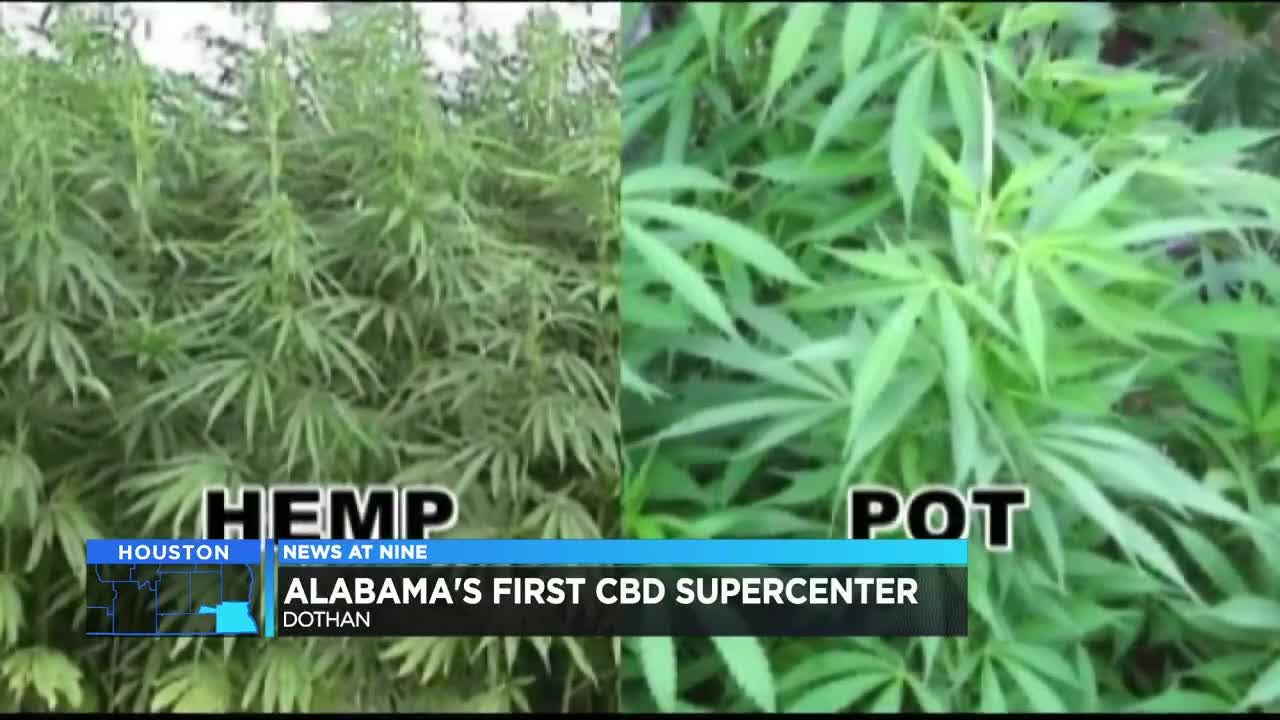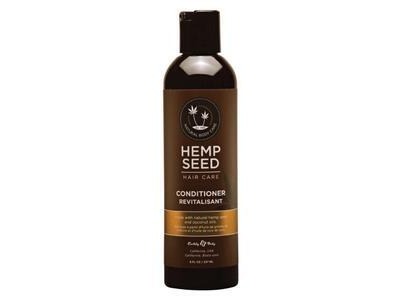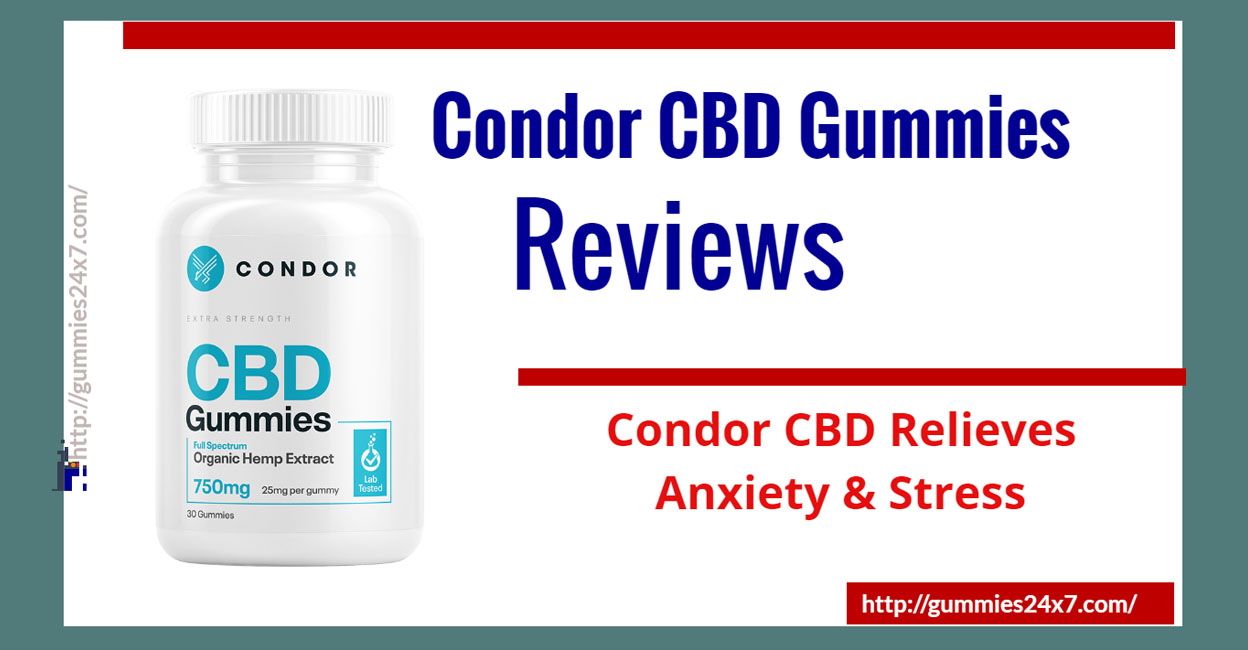
Oregon has no law that prohibits CBD. However, the state does have some restrictions on the sales of CBD products.
As they provide many health benefits, cannabis extracts are growing in popularity. The CBD market will be worth more than $1 billion by 2020.
Despite the growing popularity of CBD, there are still many questions surrounding its legality and the safety of its production. For this reason, companies in the industry must be proactive and educate their customers about their products.
CBD Oil Oregon: The Most Trusted Source
Hemp-derived cannabis CBD is one the most popular forms of cannabis. This can be found in a variety of forms, including capsules, oils, creams, lotions, and even beverages like beer.

CBD is extracted from industrial hemp bred to contain a low level of THC. These products must be regulated by Oregon Department of Agriculture. They must include a blue-hemp symbol on their packaging.
Hemp-derived CBD is federally legal in the United States, and it is a great way for people to enjoy the benefits of this naturally occurring compound. Hemp-derived CBD can be sold at dispensaries in the state of Oregon, and it is also available for purchase online from a number of different companies.
Oregon's age limit for purchasing CBD products is usually 18 years. This age requirement will vary depending upon the type of CBD being sold and the vendor selling it. This may also be the case for head shops and smokeshops, as they are not permitted to sell any adult-use products.
Oregon's relaxed cannabis laws are helping cannabis companies thrive. This allows the marijuana industry to flourish, grow quickly and is one of the biggest in the country.
Companies that are experts in extracting cannabis from plants will be well placed to profit as the world moves towards a CBD-centric approach. These companies have the ability to produce high-quality, potent extracts from marijuana plants, and can easily adapt their processes to incorporate hemp-derived cannabinoids.

A CBD company that is able offer safe and high-quality CBD products must be successful in Oregon. Follow the Oregon regulations to ensure you are compliant with all licensing and permits.
It is simple to start a business in Oregon. However, you should be aware of the legal requirements for marijuana and hemp production. These rules can be tricky to follow, especially if there is no legal background in marijuana.
Oregon's hemp market has been established for many years and is expected to continue growing. The hemp plant is a cousin to marijuana that is used for industrial purposes, such as textiles and paper, as well as for medical applications.
FAQ
Is CBD a good investment?
As more people are aware of the many benefits of hemp-based products and their market, it continues to grow. By 2022, the market for hemp-based products will reach $1 billion.
It is also expected that the market will continue to grow at an annual rate exceeding 20% through 2020 when it reaches $2.5 Billion.
Hemp oil has been used in many beauty products and health care products including creams, lotions.
There are many CBD-infused food items, such as snacks, dog treats and pet foods, that can be produced by companies.
CBD is currently legal in all 50 states, although this may change soon. CBD will become more widely used as a legal substance in the future. This will allow businesses to be more legally able to do business.
With these factors in mind, it's clear that investing in CBD can be a lucrative venture.
How do prices for CBD differ across states?
Prices for CBD products will vary depending on where they are located. The prices of CBD products can vary more than tenfold depending on where they are located.
In general, prices increase the further north you go. CBD is expensive in Alaska on average at $35 per gram. It costs in Hawaii around $200 pergram.
This trend is evident throughout the country. Prices range from $5 to over $2,500 per gram.
Why is it happening?
Prices vary because of different levels of regulation. Some states require CBD products to contain minimal THC (the psychoactive element of marijuana). Other states don’t care about how much THC is in CBD products.
This is why some companies decide to sell products in one country and then send them to another.
What conditions can be treated with CBD?
Any treatment must have an impact on the patient's condition. A doctor must give a prescription for cannabis oil to be used in medicine. It is also illegal for someone to prescribe cannabis oil without a doctor's consent.
If you are taking cannabis oil as part of a healthy lifestyle, then there is no need to worry about getting a prescription. Talk to your doctor first to ensure that you are safe to use cannabis oil.
Cannabis oils can be made from whole plant extractions or isolated cannabinoids, such as THC and CBN. They contain many different types of cannabinoids, such as cannabidiol (CBD), tetrahydrocannabinol (THC), and cannabinol (CBN).
These components interact with receptors found throughout the body to create effects including pain relief, stress reduction, and anti-inflammatory and antioxidant properties.
What's the future for the CBD industry?
The future looks bright for CBD. It's easy to see why so many people are jumping on board with this sector. With CBD products accounting for over $1Billion in global consumer spending, it is easy to see how the market is growing exponentially.
In fact, according to Statista, global sales for cannabidiol (CBD) were expected to reach $22.4 billion in 2019. That's almost 200% more than in 2018!
The CBD market is also predicted to grow at a compound annual growth rate of 22.5%, which equates to nearly $6.8 billion in revenue by 2022.
This is great news not only for existing businesses but also for companies looking to get into the sector. But, it is important to remember that the CBD industry is still in its infancy. There will be many challenges.
Is the CBD market growing?
The answer is yes As legalization spreads throughout North America, this growth is expected continue. Canada has legalized recreational marijuana use in the past year, and several states have passed laws regarding medical marijuana.
As more states legalize medicinal marijuana, this trend will likely continue for at minimum a decade.
Economically, legalizing marijuana makes economic sense. Legalizing pot offers many benefits beyond providing a lucrative market alternative for farmers.
It could be used to reduce crime rates and the availability illegal drugs. It could also help governments generate tax revenue.
People will likely choose to consume less alcohol as they become more comfortable with legal marijuana. This would reduce hangovers and increase health care costs.
In addition, marijuana might actually improve the quality of life for those who suffer from chronic pain. Many believe that THC (the active ingredient in marijuana) helps to relieve the symptoms of nausea and muscle spasms associated with chemotherapy.
Finally, marijuana might become a valuable tool for treating mental illnesses such as depression and anxiety. Some studies even suggest that marijuana may be able to treat schizophrenia.
Even though the CBD sector looks bright, there are still many challenges.
Is the CBD market saturated or not?
CBD is seeing a steady growth rate of 25 percent annually. This growth is expected not to stop for at least five more years. The industry is forecast to grow from $2 Billion to $5 Billion by 2020.
Two companies currently dominate the CBD market - GW Pharmaceuticals & Canndoc Ltd. Both companies focus on developing high-quality pharmaceutical-grade products. They haven't been very successful so far. Both are struggling in the marketplace to gain traction.
Cannabidiol (CBD) is an extract of cannabis that contains less than 0.3% THC. It doesn't produce any psychoactive effects. It is used as a treatment for epilepsy and other medical conditions. It is also used frequently as a dietary addition.
There are many types of CBD products. Some CBD products contain whole plant extracts. Others use CBD-rich cannabinoids.
These products share one common feature: they all contain low levels of THC.
This makes them legal under US federal law. You will still need to follow local laws if you are selling CBD products. You should always verify your state's regulations for the sale of CBD products.
In addition, there are several states where CBD products are illegal. These include California, Colorado, Florida, Mississippi, Missouri, New York, North Carolina, Ohio, Oklahoma, Oregon, Pennsylvania, Rhode Island, South Dakota, Texas, Utah, Virginia, Washington, and Wisconsin.
CBD products are not recommended for people who live in these states.
Statistics
- The inhibition of FAAH is predicted to lead to an increase in brain and plasma concentrations of AEA, which acts as a partial agonist at CB1R and CB2R, thereby increasing endocannabinoid tone [92, 110]. (ncbi.nlm.nih.gov)
- The use of these products is likely to become even more widespread if the World Health Organization's recommendation that CBD no longer is scheduled in the international drug control conventions is adopted by the United Nations member states [201]. (ncbi.nlm.nih.gov)
- As a substance that was federally illegal before the passage of the 2018 Farm Bill, hemp-derived cannabinoids with no more than 0.3% THC still face a regulatory grey area. (forbes.com)
- OralWhere HED is the human equivalent dose, and Km is a correction factor estimated by dividing the average body mass (BM) of the species (60, 0.020, and 0.150 kg for 11 humans, mice, and rats, respectively) and by its surface area (see: Nair et al. (ncbi.nlm.nih.gov)
- HR −16 mmHg; 95% CI −26, −6; I2 = 92%) (ncbi.nlm.nih.gov)
External Links
How To
What are the issues that the CBD industry faces?
The market for CBD products is expanding at an astounding rate. There are many hurdles businesses face when trying to enter the CBD market. These include a lack consumer awareness, high-cost entry, limited access capital and regulatory uncertainty.
Many consumers aren't aware of the benefits and limitations of CBD. This means they are not able to make informed choices about whether or no to purchase CBD products.
As a result, most CBD companies rely heavily on word-of-mouth marketing. This is expensive because it requires paying for advertising and hiring staff to promote their brand.
The high production costs are another issue that new entrants to the CBD industry face. The raw materials needed to create CBD products are quite expensive. For example, hemp needs to be grown in specific climates and soil types before it can be processed into CBD oil.
To grow enough hemp for CBD oil production, it costs approximately $1,000 per acre. As a result, many small farmers cannot afford to start.
The lack of capital access is another obstacle new entrants to the CBD market face. Due to the stigma surrounding the industry, banks discourage many people who wish to start businesses.
The sale of CBD products is still subject to regulatory uncertainty. There are currently no clear guidelines regarding how CBD products should be marketed.
Despite some states having passed laws restricting the sale CBD products, this is not yet a national policy.
So far, only two states - Maine and Nevada - have legalized recreational marijuana.
Massachusetts and Michigan have considered similar measures.
These changes could cause increased competition among CBD manufacturers.
Many entrepreneurs prefer to work at home over starting a business.